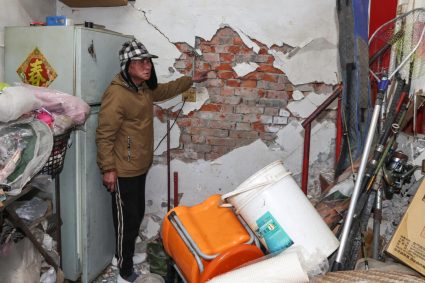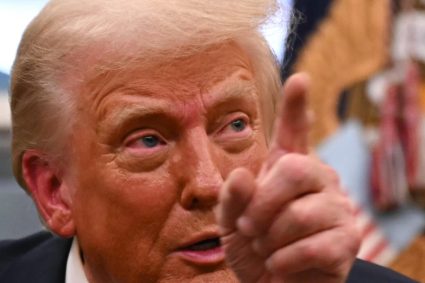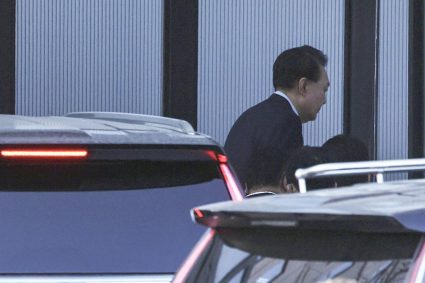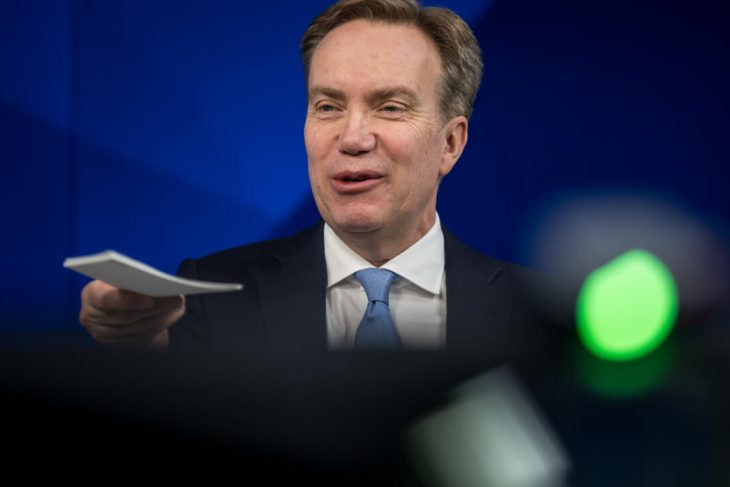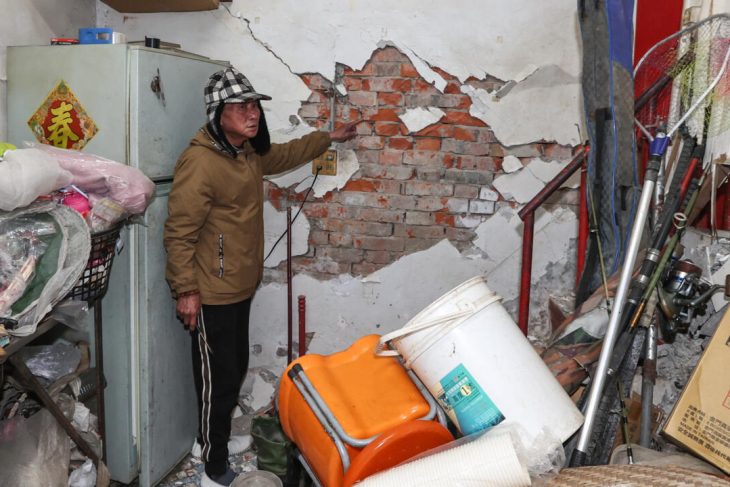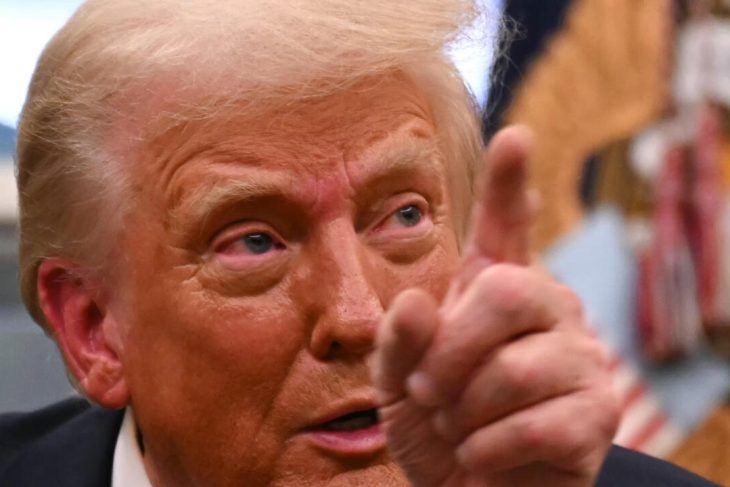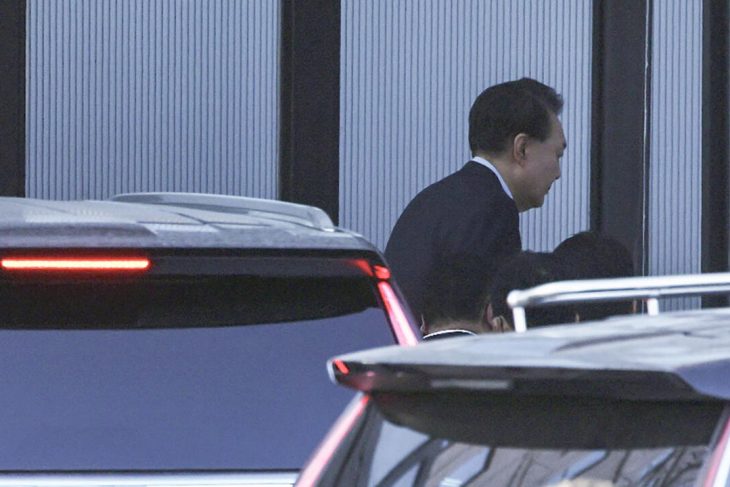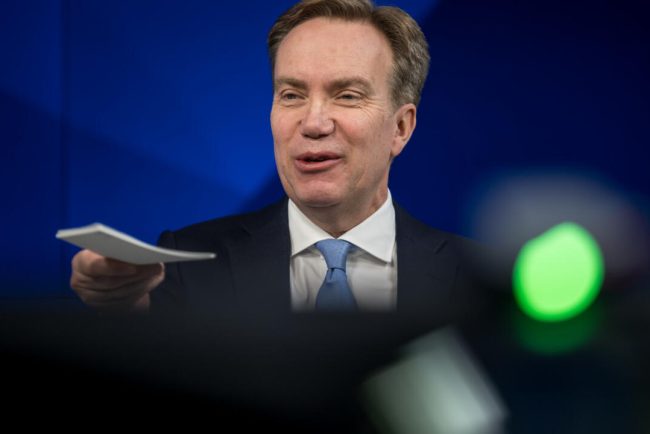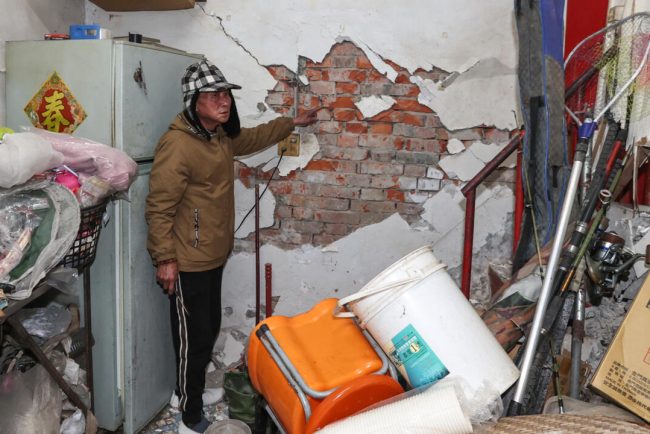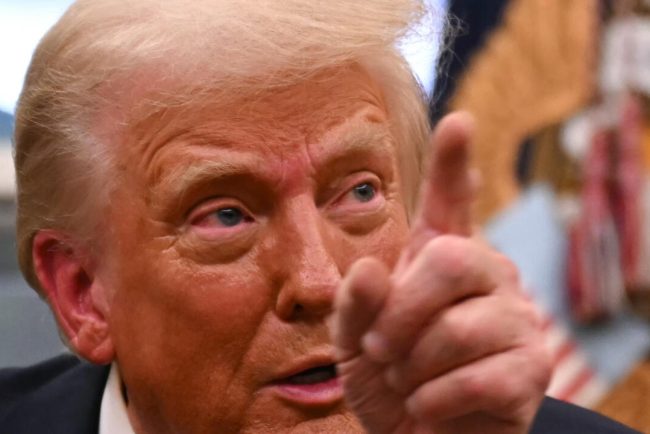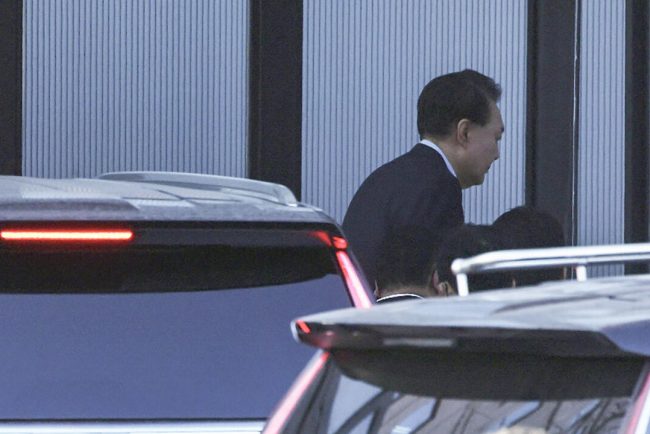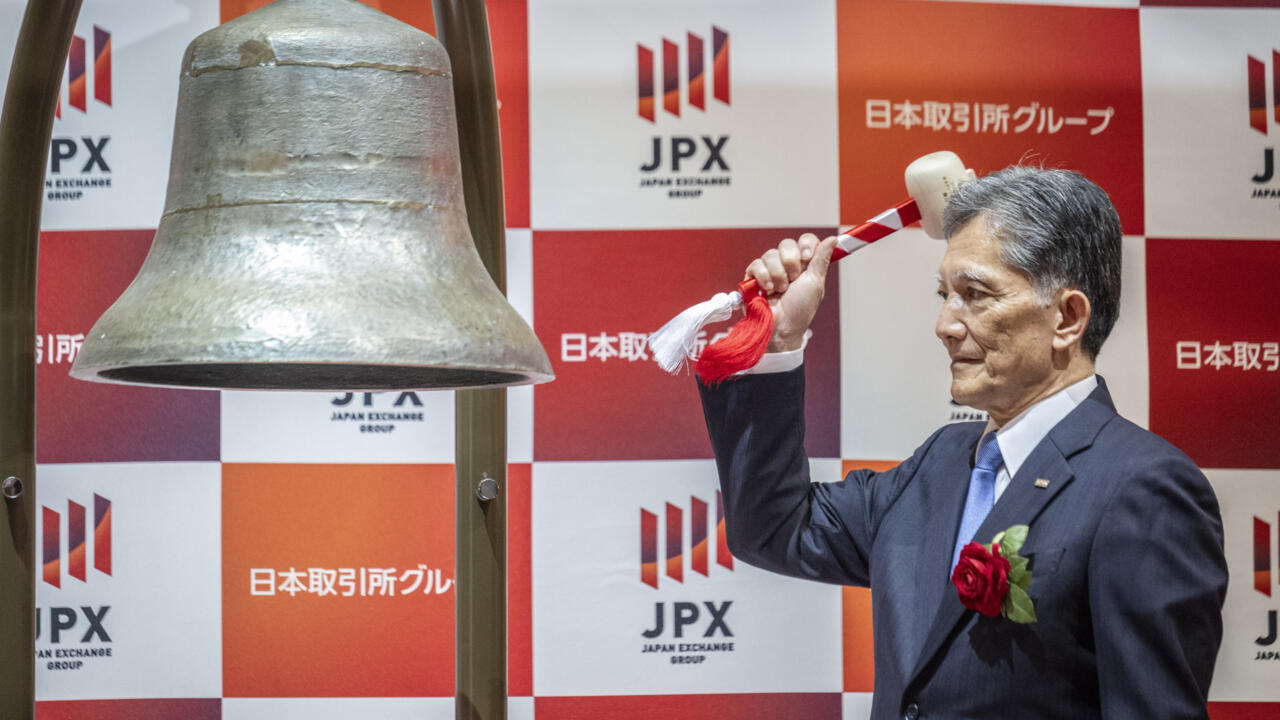
Formerly the semiconductor unit of Japanese engineering giant Toshiba, the firm is the world’s third-largest producer of NAND flash memory chips.
It was acquired by US investment firm Bain Capital in 2018.
Memory chips are used in everyday devices such as smartphones and storage drives, as well as in industrial and medical equipment, but their prices are notoriously volatile.
Global demand for the chips has been driven by the growth of generative artificial intelligence technology, such as that used in OpenAI’s popular chatbot ChatGPT.
Kioxia had been expected to go public in October, emboldened by soaring demand for AI, but a rout in tech shares forced the company to delay until this month.
The firm set its listing price at 1,455 yen per share, valuing it at 784 billion yen ($5.2 billion) and raising about 120 billion yen — making it Japan’s second biggest IPO this year.
Its shares closed 10 percent higher at 1,601 yen.
The company previously said it planned to issue around 21.5 million new shares, in addition to more than 63 million to be sold at home and abroad by existing shareholders Bain Capital and Toshiba.
Kioxia is among several Japanese semiconductor producers the government is subsidising as it seeks to triple the sales of domestically produced chips to more than 15 trillion yen by 2030.
Firms such as Toshiba and NEC helped Japan dominate in microchips during the 1980s, but competition from South Korea and Taiwan saw its global market share slump from more than 50 percent to around 10 percent now.
But as China ramps up military pressure on Taiwan, heralding volatility on the self-ruled island’s ability to produce semiconductors, hopes are running high that Japan will re-emerge as a new chip hub.
© 2024 AFP


